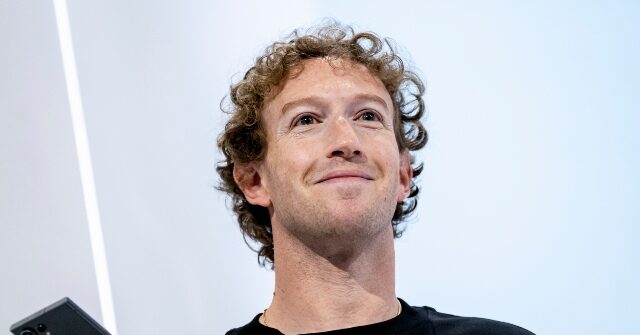In a recent revelation by James O’Keefe, a controversial media figure, an undercover investigation has uncovered claims from a Meta engineer, Jeevan Gyawali, that Facebook actively demotes posts critical of Vice President Kamala Harris. The hidden camera interview conducted by O’Keefe’s organization, O’Keefe Media Group, suggests a systematic approach to managing content deemed anti-Harris, where posts could be shadowbanned—meaning they would become less visible without notifying their authors. Gyawali reportedly explained that certain politically charged statements, particularly negative comments regarding prominent political figures, are automatically flagged and suppressed by the platform, which raises concerns about the implications for free speech and political discourse on social media.
Gyawali’s comments during the interview indicated that Facebook’s procedures involve not only an internal “Integrity Team” but also elaborate content control mechanisms referred to as “civic classifiers.” These classifiers are designed to assess and categorize content related to civic matters, leading to automatic demotion of material deemed objectionable or politically sensitive. Such a system, according to Gyawali, effectively limits the reach of posts identified as containing civic content, which could significantly impact public perception and engagement with political topics. This strategic content moderation is indicative of Meta’s broader commitment to regulating the kind of political discussions that take place on its platform.
Further insight from Gyawali unveiled the existence of a specialized group within Meta organized to preemptively address scenarios where the platform could be exploited, referred to metaphorically as a “SWAT team.” The existence of such a unit suggests a proactive approach to controlling the narrative on critical issues, especially as the 2024 election approaches. With the implications that Meta possesses the capability to influence election outcomes through its content modulation tactics, the statements made during the interview could exacerbate concerns regarding social media’s role in democracy and its impact on voters’ perspectives.
Interestingly, the context of how Gyawali was approached suggests potential influence of personal appeal during the interaction. O’Keefe noted that the interview was set up via a dating app, which raises questions about the authenticity of Gyawali’s claims—whether they were portrayed honestly in the heat of a personal connection or embellished for dramatic effect. This element introduces an uncertainty regarding the veracity of the information shared by Gyawali, as the environment may have encouraged him to speak more openly or in a manner intended to impress the undercover journalist.
O’Keefe’s investigation, while revealing potentially troubling practices at one of the largest social media platforms, also highlights the necessity for further scrutiny and analysis of content management policies affecting public discourse. With claims that Meta’s practices may be strategically aligned with political agendas, especially against specific figures like Kamala Harris, questions arise about the extent of corporate influence in political matters. This situation not only impacts how users perceive certain politicians but also could sway public opinion by limiting exposure to critical narratives that challenge the status quo.
In conclusion, the allegations presented by O’Keefe against Meta raise significant concerns about the ethical implications of content regulation on platforms wielding immense power over information dissemination. As social media increasingly shapes political landscapes, transparency regarding the methods employed to manage and categorize content is imperative for fostering a fair democratic process. Understanding the potential ramifications of the practices outlined by Gyawali is crucial for users, policymakers, and advocates for free expression as they navigate the complexities of political dialogue in digital spaces. The revelations underscore the urgent need for examination and discussion surrounding the responsibilities of social media companies in preserving open discourse while managing the potential abuse of their platforms.

